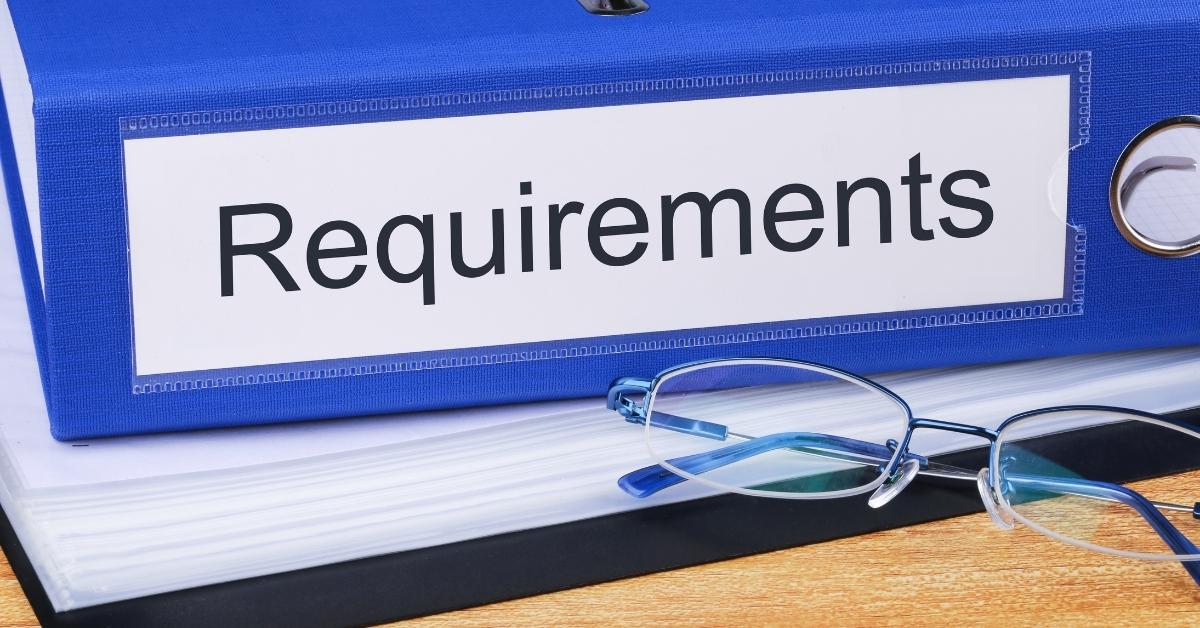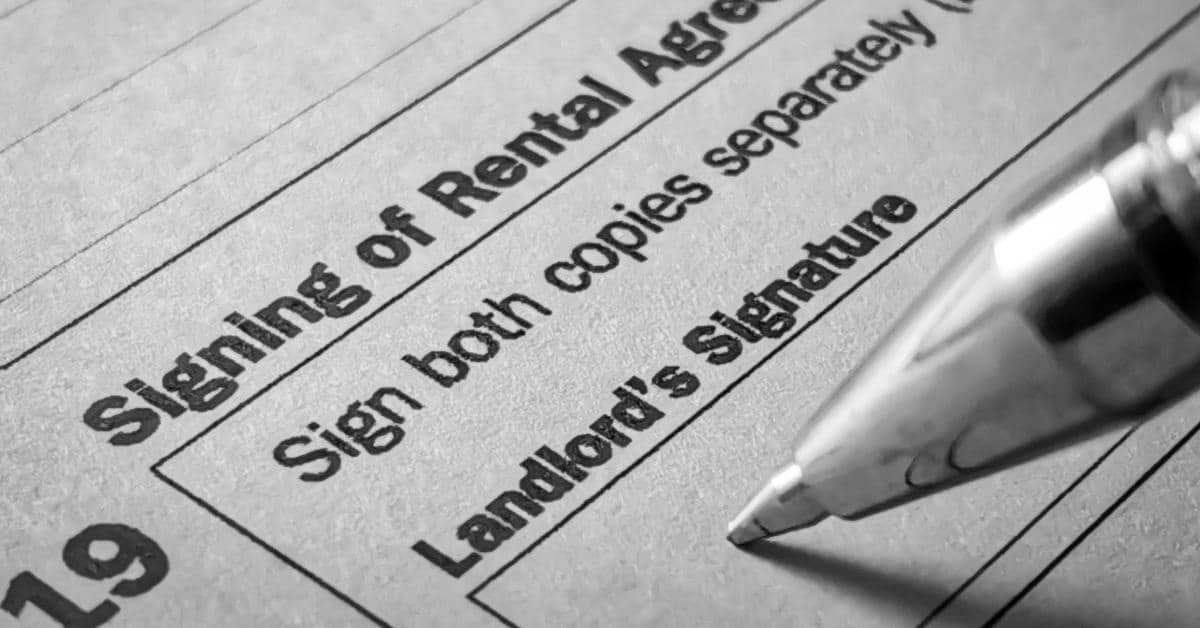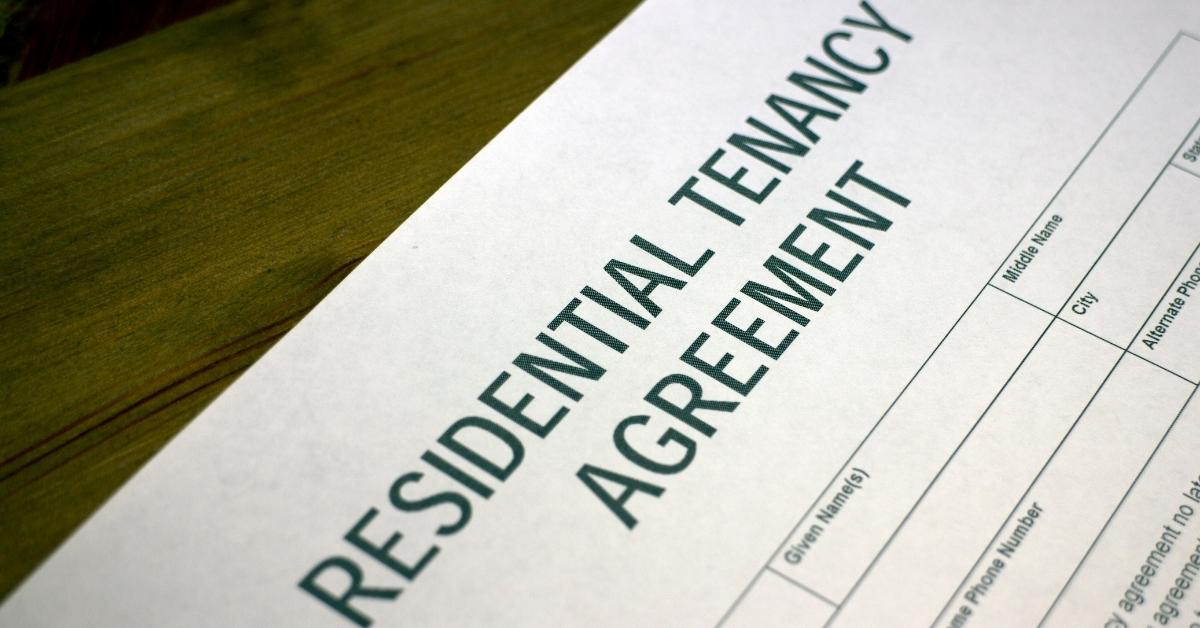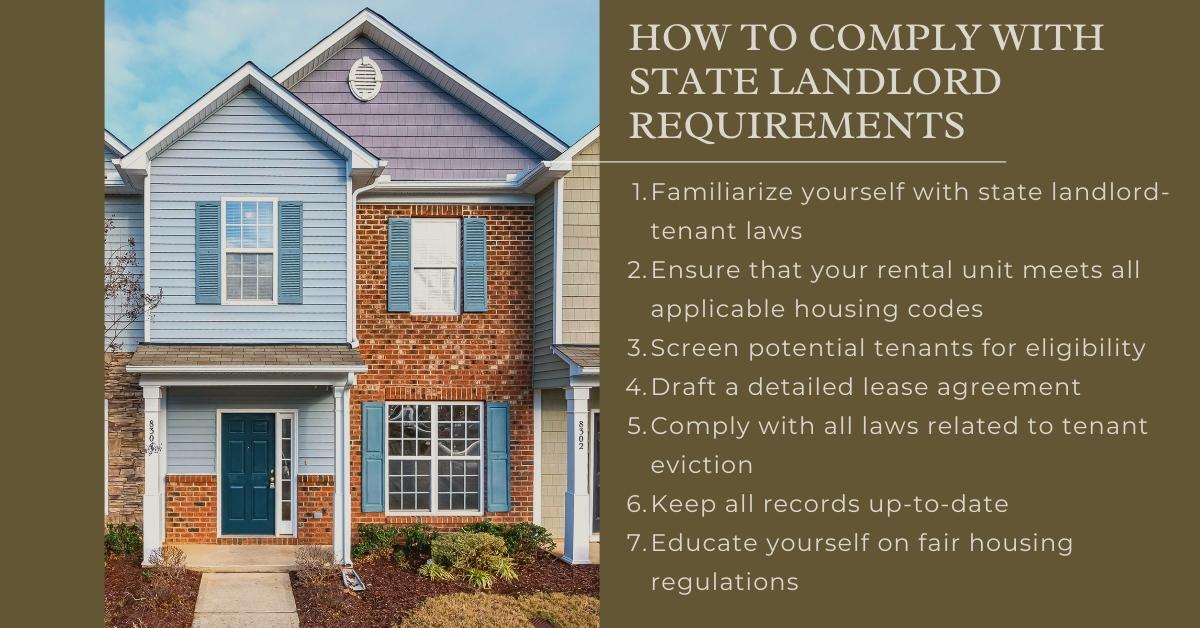State landlord requirements for the Housing Choice Voucher Program are designed to ensure that landlords and tenants have a positive experience. For landlords, there are a number of benefits, including receiving rental payments on time from the government, having more stable tenant relations, and being able to provide affordable housing opportunities.
In this blog post, we will discuss the benefits and consequences of complying with state landlord requirements, as well as how to comply. Read on to learn more!

What is the Housing Choice Voucher Program?
The Housing Choice Voucher Program, also known as Section 8, is a program administered by the U.S. Department of Housing and Urban Development (HUD) to assist low-income families, seniors, and people with disabilities to afford safe and sanitary housing in the private market.
Participants of this program are required to seek out their own housing while the division covers a portion of their rent based on family income. Eligibility for the program varies from state to state but can be determined by contacting your local public housing agency which will screen for income, assets, and eligibility for other benefits.
Through this program, those who qualify are able to secure affordable housing that accommodates individual needs while helping them achieve financial stability.

State Landlord Requirements for the Housing Choice Voucher Program
If you are a landlord looking to accept tenants through the Housing Choice Voucher Program, there are a few requirements you must meet. Your rental units must meet all relevant housing codes and be in good repair. You must also consent to reasonable rent increases requested by the tenant’s local housing agency.
Additionally, you must not discriminate against potential tenants based on race, gender, religion, age, or any other protected class. It is important to note that you may only request payment for portions of the rent that are payable by the tenant and incur certain costs associated with providing rental assistance to your tenants. This includes reasonable attorneys’ fees and administrative costs for eviction actions for which assistance payments were suspended or terminated due to violations of tenancy obligations.
All landlords interested in participating in the Housing Choice Voucher Program should be familiar with their rights and responsibilities as well as applicable federal rules before entering into an agreement with any tenant.

Benefits of Complying With State Landlord Requirements
Benefits for landlords
For landlords, compliance with state landlord requirements can be key to maintaining a successful rental business. These laws and regulations are designed to protect both landlords and tenants, ensuring fair and smooth tenant relationships. In some states, there are certain criteria a landlord must meet in order to be allowed to rent out their property.
Complying with these rules can grant landlords access to a number of benefits. Not only will it help them obtain the necessary licenses and permits required for the rental agreement, but it also serves as protection against legal liability claims.
Additionally, abiding by tenant-landlord regulations can provide many resources such as tax deductions related to their operations and helpful information about local housing codes that could greatly benefit their property portfolio and bottom line.
Therefore, knowledgeable landlords understand that complying with all applicable state landlord requirements is an essential step toward running a profitable rental business.

Benefits for tenants
Tenants who comply with the landlord requirements in their state are benefitting from enhanced rental experiences that include improved safety and conditions of their properties. The rules set out by most state governments provide a framework for engaging in dependable and secure relationships between landlords and tenants.
This could be anything from making sure that both parties understand the terms of a lease agreement to ensuring specific criteria are met before signing a contract. By abiding by these expectations, tenants are able to negotiate better living arrangements that prioritize their security, as well as certain privileges such as stable access to utilities, basic maintenance services, and timely rent payments.
Additionally, since landlords prefer tenants who can comply with their regulations, there is a higher likelihood that tenants have access to rates that suit their budget and meet the needs of their households.

Benefits for the community
Complying with state landlord requirements provides numerous benefits to the community. These regulations, as set by local lawmakers, provide tenants with a certain level of safety and protection from exploitation, a necessary condition for any public living space.
These regulations also often affect landlords in positive ways, too; they provide legal parameters so that landlords can be consistent with their approach and have a clear understanding of what is expected of them in terms of providing safe, habitable housing. Knowing the expectations helps build trust between tenants and landlords, ensuring an enjoyable living experience for all involved.
Additionally, greater compliance often leads to increased investment from both tenant and landlord parties in improving the quality of the property – something that extends well beyond just those involved directly. Ultimately, following such guidelines helps ensure stronger communities for everyone.
Consequences of Non-compliance With State Landlord Requirements
Neglecting to comply with state landlord requirements can cause significant challenges for tenants and property owners. Limited tenant rights, unfair contract provisions, and financial loss are among the possible consequences of noncompliance. Landlords who do not understand state rental laws may face costly fines, legal fees, and court orders.
These can prove significantly more expensive than simply educating oneself on one’s obligations as a landlord. Furthermore, it is important to remember that when two parties enter a tenancy agreement, they are entering a legally binding contract.
Therefore both residents and landlords must be conscious of their roles within the relationship in order to avoid any costly ramifications of non-compliance with state regulations.

How to Comply With State Landlord Requirements
As a rental unit provider, it is important to understand and comply with the various state requirements that must be met in order to participate in the Section 8 Housing Choice Voucher program.
Successfully meeting these regulations can ensure that a landlord is not only providing quality housing but also taking part in a meaningful way to help those in need of affordable housing.

- Familiarize yourself with state landlord-tenant laws: Read and understand the tenant-landlord laws in your state, including any regulations regarding rent control, eviction notices, security deposits, and other topics related to renting property.
- Ensure that your rental unit meets all applicable housing codes: Make sure that your rental unit is in good repair and meets all relevant housing codes.
- Screen potential tenants for eligibility: Screen potential tenants for their eligibility to participate in the Housing Choice Voucher Program. This includes verifying income, assets, and other criteria.
- Draft a detailed lease agreement: Create a clear, legally binding lease agreement that outlines the rights and responsibilities of both parties.
- Comply with all laws related to tenant eviction: Understand your state’s laws regarding tenant eviction, including any required notices and court proceedings.
- Keep all records up-to-date: Maintain accurate financial records for each tenancy, including copies of rental applications, lease agreements, and any applicable receipts or invoices.
- Educate yourself on fair housing regulations: Learn about your obligations regarding discrimination in the rental process. Be sure to comply with all federal and state fair housing regulations.
Conclusion
Understanding and complying with state landlord requirements is essential for both tenants and landlords in order to maintain a successful rental business. Not only does this benefit the parties involved, but it also contributes to maintaining a safe and healthy community.
From familiarizing yourself with tenant-landlord laws to keeping accurate financial records, there are many steps one can take to ensure compliance with state landlord requirements. Doing so will help protect all parties involved in the rental process and foster a positive living experience for everyone.










